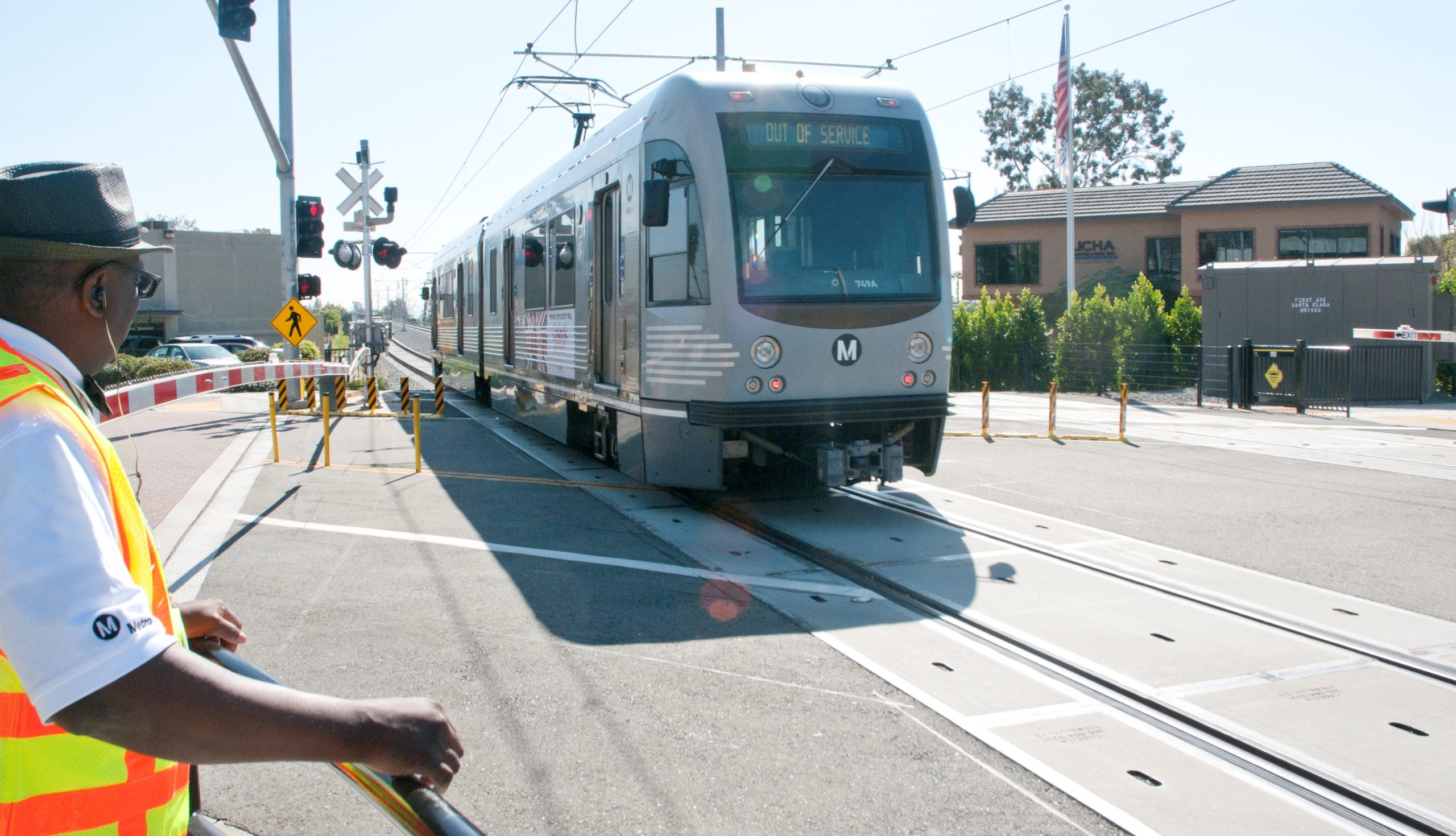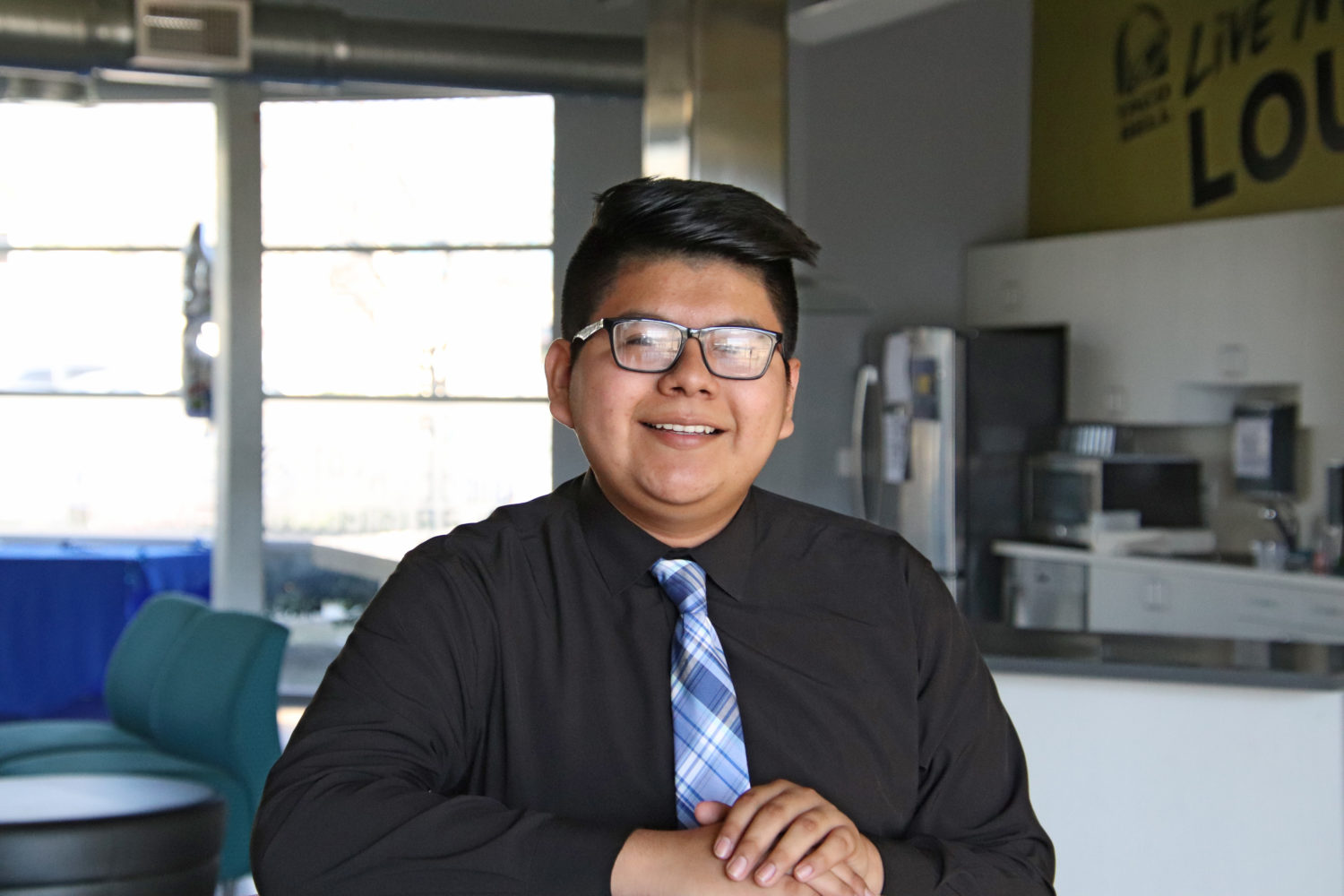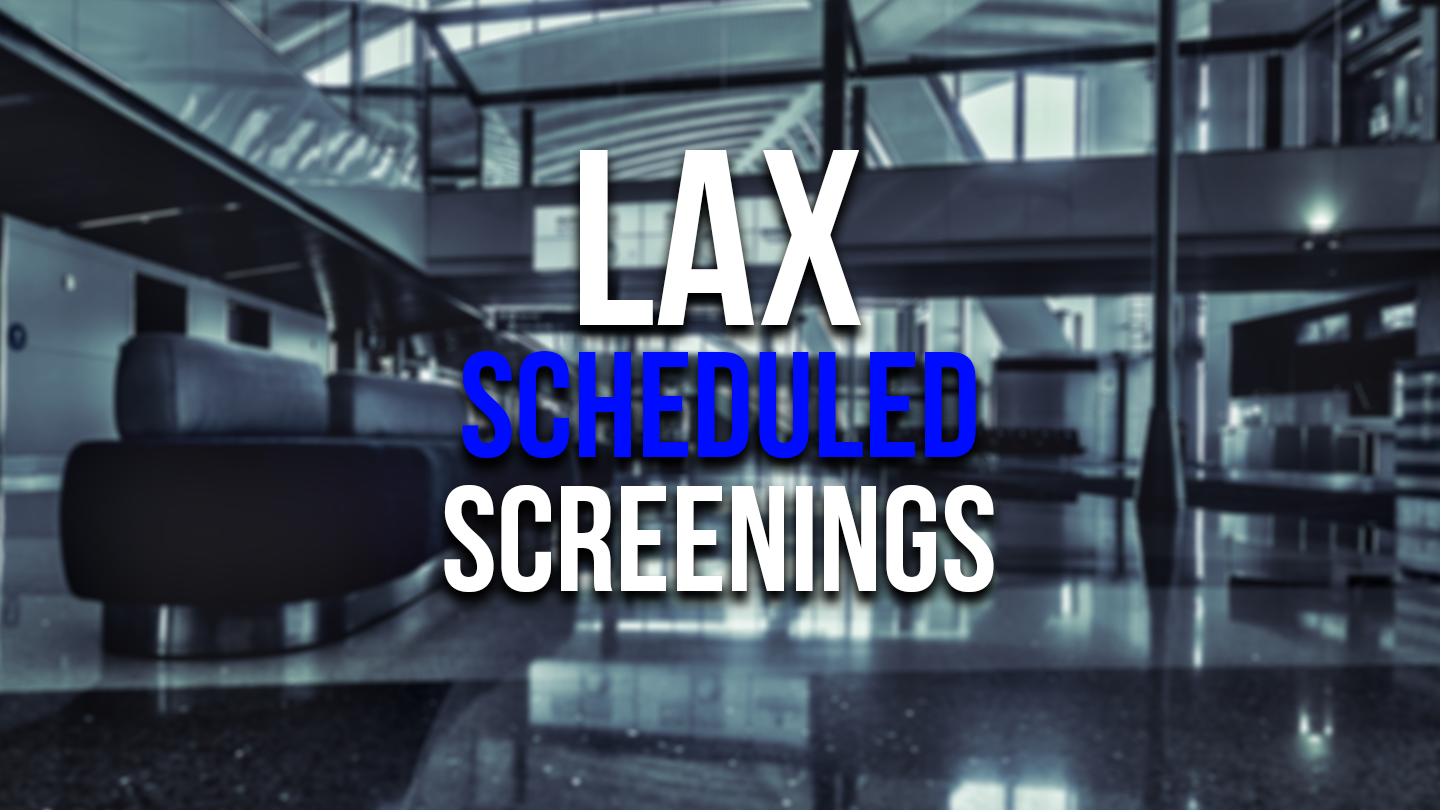The Los Angeles County Board of Supervisors voted Tuesday to negotiate an agreement for county mental health teams to respond to crises aboard Metro trains and buses.
Supervisor Janice Hahn recommended letting the county’s Department of Mental Health work to strike a deal with Metro.
“Anyone who has taken Metro knows there is a need for mental health professionals on our transit system,” Hahn said. “Our county mental health professionals are trained to handle difficult situations and connect people with the long-term treatment and support they need.”
Hahn, who also sits on the Metro board, co-authored a motion last year with fellow board member and Los Angeles City Councilman Mike Bonin to rethink public safety on the transit system and establish a Public Safety Advisory Committee.
Hahn said Metro staffers reached out to DMH in advance of recommendations by that committee to talk about negotiating an agreement.
The Board of Supervisors’ vote also gives DMH the authority to enter into a contract if an agreement is reached.
Supervisor Hilda Solis co-authored the motion.
“This potential partnership between our Department of Mental Health and Metro is crucial to re-imagining how we can assist and support residents who experience mental health crises on buses and rail cars throughout Metro’s transit network,” Solis said.
DMH currently runs two types of crisis teams. One is a Mental Evaluation Team, or MET, that pairs a specially trained law enforcement officer with a licensed mental health clinician to respond to the highest-risk situations. The goal is to divert individuals struggling with mental illness to treatment and minimize the use of force and involvement in the criminal justice system.
The other type of team is an unarmed Psychiatric Mobile Response Team (PMRT) made up of at least one licensed mental health clinician and one other mental health professional. None of the PMRT teammates are members of law enforcement.
The county is working to expand the number of PMRT teams available and provide coverage around the clock. Teams are expected to be accessible through a new national mental health crisis hotline, 988, next summer.







